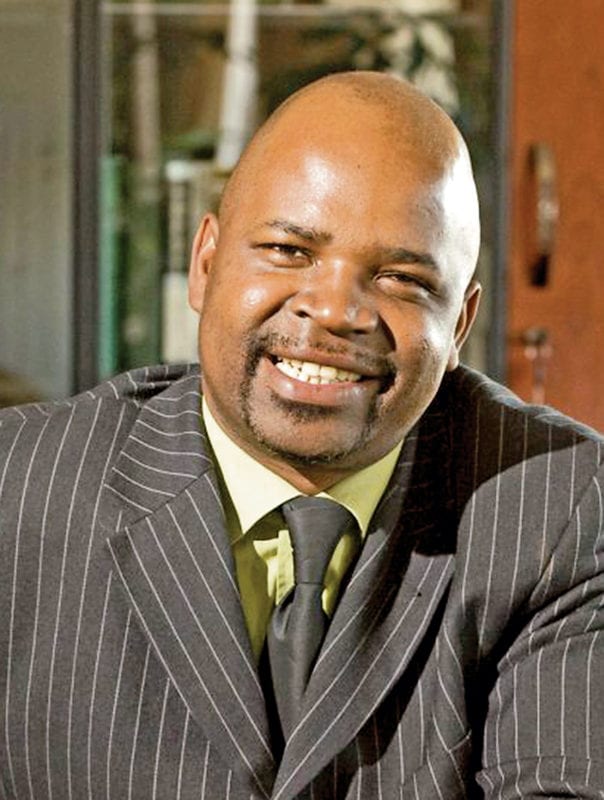Johannesburg – After five days of what appears like a well-orchestrated plan to destabilise the country, a voice was heard coming from underneath an immaculate Dobbs hat.
It was Minister of Police Bheki Cele narrating, among others, the story of the “12 apostles” who are the alleged “instigators” and “conspirators” – a story to be continued as soon as the 12 culprits have been apprehended.
Pardon me for yawning out loud. Before the Cele epiphany, President Cyril Ramaphosa served us a double whammy of speeches.
He was almost yodelling with emotion as he delivered his second speech.
But it lacked a clear plan to protect our fragile economy and to plug the ongoing jobs bloodbath.
He seemed to hedge all his bets on the double-edged sword of army deployment.
Ramaphosa looked weak and lacking in ideas, which is probably what the alleged instigators intended. The “instigators” appear to have forced their agenda on the country, resulting in the spectacular displacement of Covid-19 prevention protocols.
This, as the Delta variant sweeps through the country.
The most incisive commentary on the last Ramaphosa speech was made by the looters themselves. As the president was speaking, the looters were looting, live on television.
The police were either nowhere to be seen, or watching the looting.
For most of this week, these seemingly well-planned, unimpeded and unhurried scenes of looting were replayed ad nauseam.
As one watched these, the possibility of an “inside job”, at least at the level of the government, was writ large.
I wondered not only why the police were absent or inactive but also where the government was – provincial and national – while the country burned.
As I was cracking my head about these heartbreaking events, it dawned on me that, actually, our government may have gone AWOL – and it seems to have been doing this for some time. Several cabinet ministers confessed to having been “caught off guard” by the unrest.
Being shocked and “caught off guard” is the government’s “sick note” or alibi for going AWOL, strategically. The recent behaviour and subsequent arrest of former president Jacob Zuma may indeed not be the sole cause of the current state of lawlessness.
However, does anyone seriously think the recent shenanigans at Nkandla were mere harmless fun and games?
The current inferno can be linked, at some level, to Zuma’s Goliath-like flurry of insults of the judiciary, his disdain for the constitution except where and when it suits him, and his alleged lack of fear of jail.
Galvanised by these prior messages, for some of his supporters, the current arson, looting and road blockades are “legitimate forms of protests” and a necessary means for securing Zuma’s release.
Some politicians are already urging the judiciary and the president to set him free, or else, the unrest will get worse.
The democratic state seems to have been infected with the looting virus of the apartheid state at Codesa already.
Through the superfluous 1999 arms deal, the country was fully baptised into looting.
Since then, parts of the government and some of its members have, among other things, become sophisticated labour brokers for looting, mainly through the tender system.
For this “advanced” system of looting to yield the intended results for its beneficiaries inside and outside of the state, the relevant parts of the government must go AWOL, periodically and strategically.
Should there be a huge outcry or too much violence during or after a particular looting episode, the politicians will descend on selected “hotspots”, to pacify the masses and prop up the image of the government.
Haven’t we seen them this week?
During one of his mass-pacification expeditions in Phoenix, KwaZulu-Natal premier Sihle Zikalala was caught on video using his own fists to pacify a suspected looter – an incident for which he later apologised.
My fellow South Africans, the looter you see pushing or pulling a trolley full of looted goods out of a burning mall is nothing but a walking metaphor of the value system our government has cultivated – directly and indirectly – for some time.
The looter is inspired not only by poverty, but also by the example of corrupt politicians and unscrupulous corporate executives. Should this week’s publicity drive fail to yield the desired results, the president will probably announce the ultimate pacifier of the masses – a judicial commission of inquiry – after which, “normal” looting will resume.
Watch this space.
• Prof Maluleke is a senior research fellow at the University of Pretoria Centre for the Advancement of Scholarship. Twitter: @ProfTinyiko

Follow @SundayWorldZA on Twitter and @sundayworldza on Instagram, or like our Facebook Page, Sunday World, by clicking here for the latest breaking news in South Africa. To Subscribe to Sunday World, click here.
Sunday World


